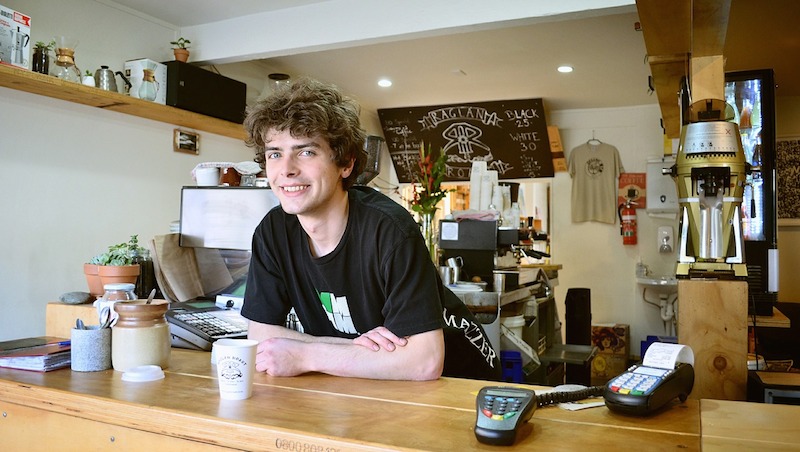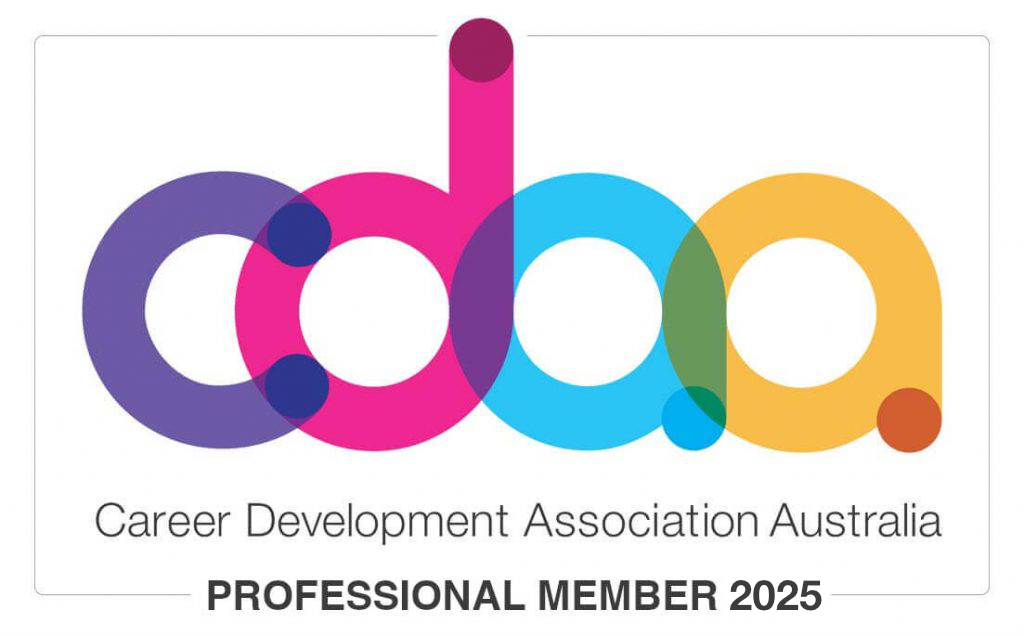HOW TO GET YOUR FIRST JOB
This blog was published by the Australian Centre for Career Education in the August 2016 CEAV e-journal and by the Victorian Independent School’s Association on their Parent’s website in October 2016
Are you a teenager with no formal work experience? Landing a job will not just give you money, but independence and valuable experience as well.
Set parameters. Be realistic about how much paid work you can take on as you juggle school-work, sport, and everything else. Check if the job you are applying for requires a minimum number of hours per week or late shifts. Factor in travel time and costs. Do you want work all year or mainly over the school holidays?
Think outside the square. A job in the retail or hospitality industries is terrific but these are not the only options. You might be able to get work in a field linked to your hobbies. Some examples include: football umpiring, dance teaching, working at a vet clinic or plant nursery, working in a warehouse/trade setting and baby-sitting.
Transferable skills. This connection is really important. Are you a good organiser at school? Do you play team sports? Do you take the lead in organising social events? Have you held any leadership positions? Are you bilingual? Are you on the debating team? Are you good at maths? Have you done volunteering in the community or even helped out at the sports canteen on weekends? Volunteering is great and can lead to all sorts of future opportunities. These examples might point to your personality, communication skills and willingness to help others. For instance, being a team player at school can link to being a team player at work. Remember to link your skills to the specific position you are applying for. Make a list of your transferable skills and personal qualities and remember to ask your friends and trusted adults for their input.
Talk to people – the more the better. Tell everyone you are looking for work. Do they know of any opportunities? Be keen and ask them to keep an eye out for you and keep reminding them. This can really help you get your first job.
The CV – yes, you need one. Keep it simple, in word format and consistent. One page is usually enough. Include basic details like your age, contact details, a brief personal statement (tailored to the position and displaying a positive attitude, willingness to work), education, awards, hobbies and any work experience you have done. There are many local online resources that can give you template examples. Proof reading is important so perhaps ask a trusted adult to help.
Job search. The job market is very competitive. Apart from seek, careerone, teenjobs and a multitude of other online job postings, don’t forget the local paper or local community job boards or online hubs. Keep an eye out for signs on job windows and, again, enlist the help of others. Are there any vacancies where your friend or neighbour works? Employers are often open to the idea of hiring the friends of a trusted employee. Pound the pavement. Call into places you are interested in, leave your CV with the manager and make a positive impression. Don’t forget to wear smart casual clothes and look neat. This helps you get your first job.
Social Media Profile – does it need cleaning up? Your future employer is likely to look you up online. Avoid posting anything you wouldn’t want your prospective employer to see. Unfortunately you can’t remove information posted online (remember this one), but you can clean it up. Don’t forget your mobile voicemail – make sure it is clear, polite and brief.
Referees. Who can vouch for you as being reliable, enthusiastic, hard-working? Teachers, trainers, coaches, tutors, family friends can all be terrific referees.
The Interview. Prepare and it will be less daunting. Read a bit about the place where you want to work first – your knowledge will impress. Do you know anyone who can tell you about the business and what it is like to work there? Wander through the work-place if possible to soak in the atmosphere. At the interview, be prepared to talk about yourself and your skills/strengths and always link this back to the job by saying how these will be of benefit to the prospective employer or job you are applying for. Think of those transferable skills! Above all, prospective employers are looking for staff with the right attitude – skills can be taught but attitude is everything. Wear smart clothes, make good eye contact, smile, ask questions, show genuine interest and remember to thank the interviewer (a follow-up email won’t hurt either as it shows how keen you are). It also helps to remember the interviewer was your age once!
Found a job – know your rights. It is very important you feel comfortable and safe in your workplace. It is also important you are paid at the right rate and you are legally protected in your job. Visit the Fair Work Australia website and perhaps ask your parent or a trusted adult to help you if you are unsure.
Helen Green, Director, Career Confident
Helen is a qualified careers consultant and professional member of the Career Development Association of Australia. She has over two decades’ experience working in senior education and career program management roles, particularly within the tertiary sector where she has assisted many students. She now runs her own careers consulting practice in the SE suburbs of Melbourne and has two teenage children.







